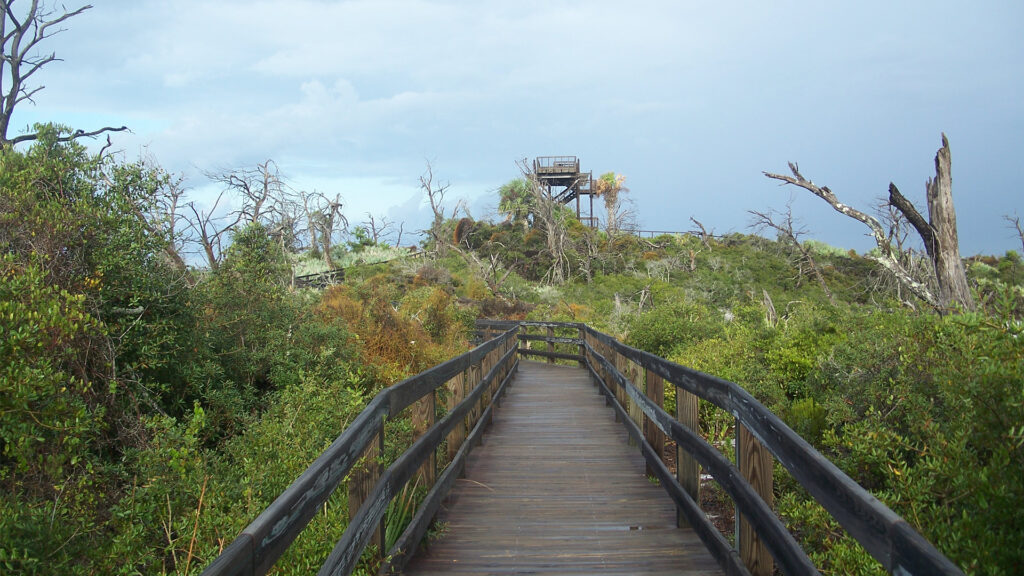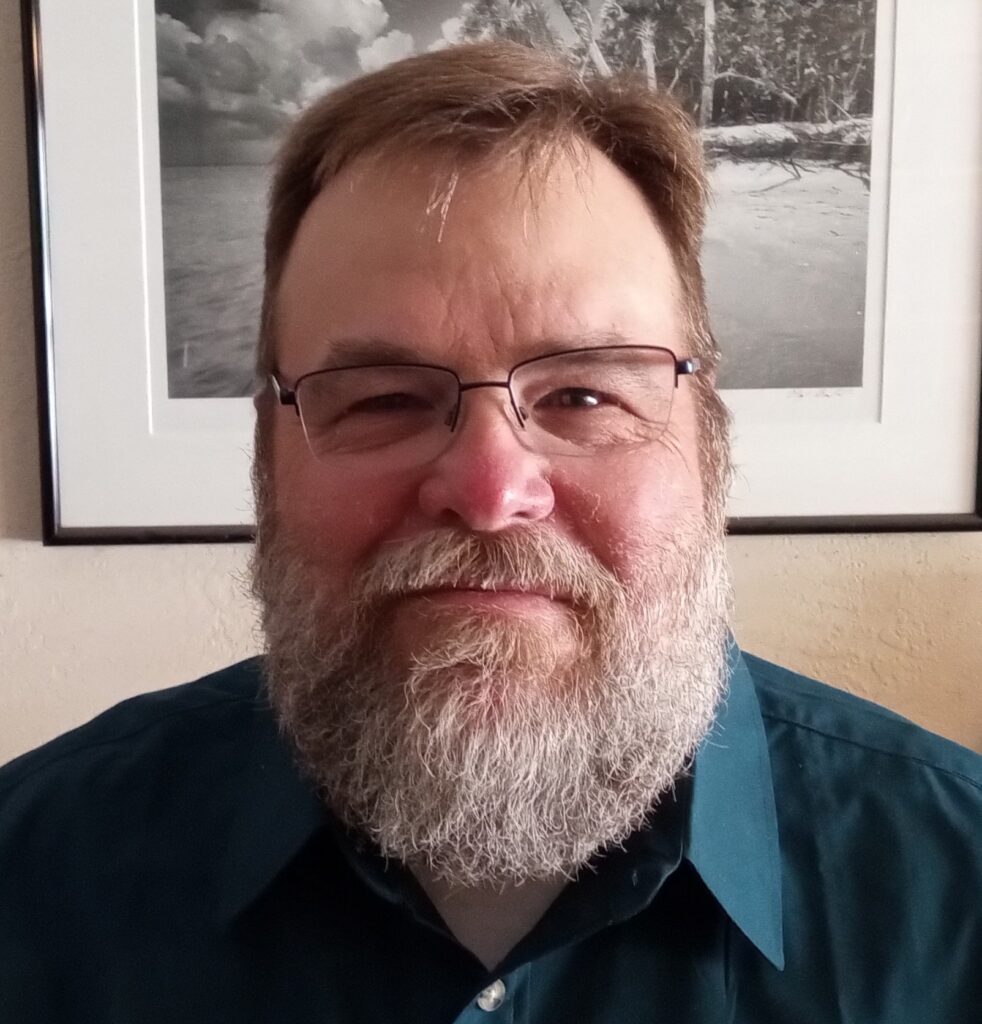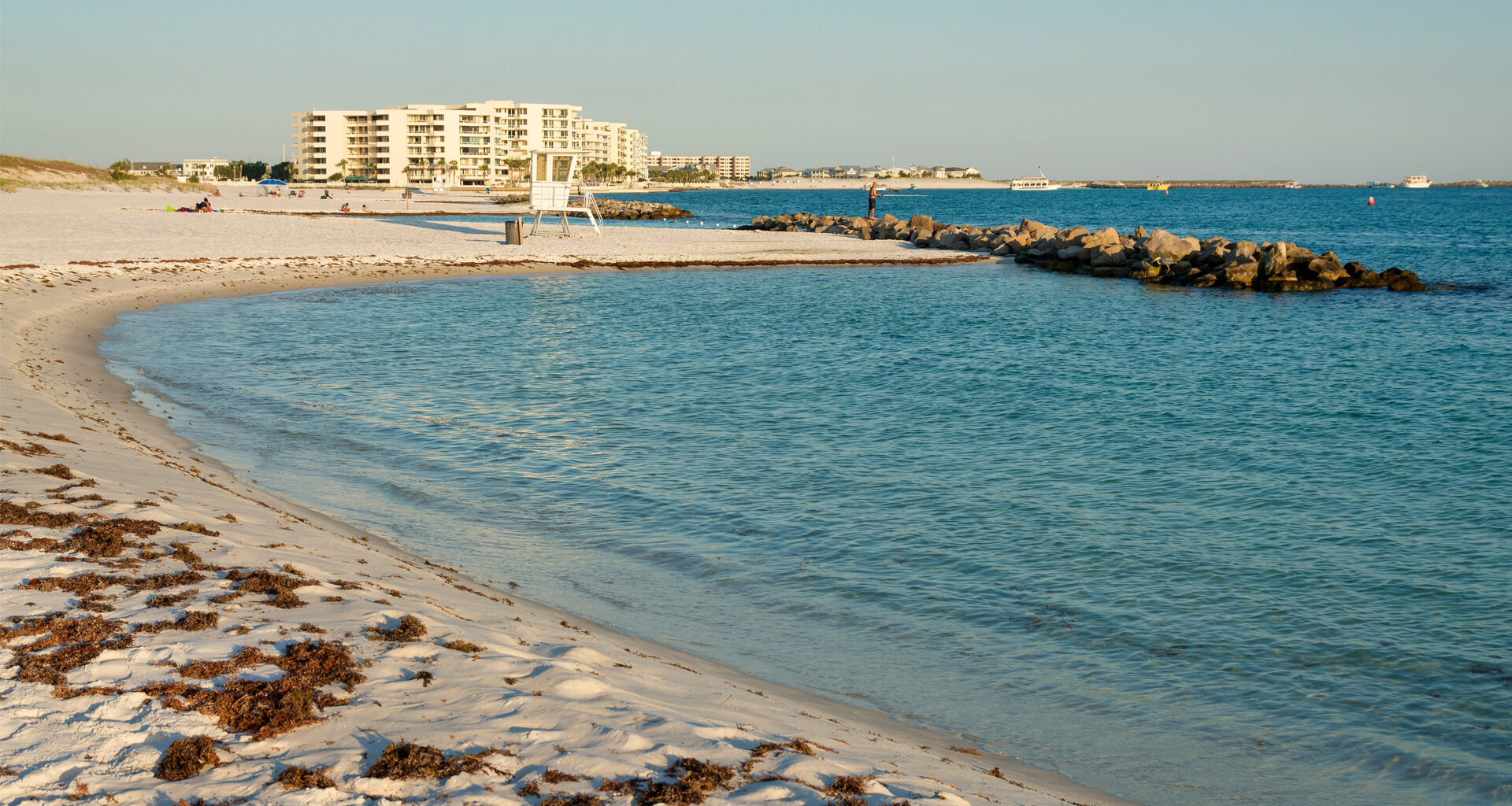By Joe Murphy
Taxpayers trust that the money we send to Tallahassee will be used for the highest and best purpose, and benefit the most people possible. When Florida’s governor and Cabinet, with the noted exception of Chief Financial Officer Blaise Ingoglia, voted recently to acquire a 4-acre parcel of land in Destin for $83 million, they deeply and profoundly violated that public trust.
If not for talented and passionate investigative journalists, this debacle may have slipped through without notice. The threats to state parks and shady public land swaps of the last year only came to light because a free and independent press, truth seekers and truth tellers, used light to plumb darkness and find truth. We all owe them a debt of gratitude.
This most recent land purchase benefited an individual who made political contributions and received a deal none of us ever could. This deal cost us faith in a system that we rely on to benefit all Floridians, not just a powerful and select few.
 A boardwalk to the Hobe Mountain Tower at Jonathan Dickinson State Park, where the state proposed to build golf courses last year before dropping the plan amid widespread opposition. (Ebyabe, CC BY-SA 3.0, via Wikimedia Commons)
A boardwalk to the Hobe Mountain Tower at Jonathan Dickinson State Park, where the state proposed to build golf courses last year before dropping the plan amid widespread opposition. (Ebyabe, CC BY-SA 3.0, via Wikimedia Commons)
This purchase could cost Florida much more than it seems. Opportunities were lost to use those funds, now and in the future, to acquire valuable large sections of new public land or create conservation easements for working farmers and ranchers across the state. That ground may not get made up as markets change and landowners lose patience.
The process of saving open space, creating areas to hunt and fish, preserving habitat for wildlife and protecting places for future generations should be one that is grounded in science, policy, legislation and the rule of law. Florida has developed a very effective and fair system where state agencies, conservation groups, landowners and elected officials work together to ensure that land is acquired at a fair price based on the greatest benefit and need. This land deal was not that.
On a deeper level, the system that Florida uses to acquire public land or provide conservation easements to working farmers and ranchers is based as much in hope as it is in science and policy. At the most fundamental level, Florida’s work to save wild places is grounded deeply in what Wallace Stegner, famed naturalist, called the geography of hope.
The Florida Wildlife Corridor, while based in excellent conservation science, has always been about hope as it connects vast tracts of open space for wildlife and recreation across the depth and breadth of Florida. This is the embodiment of hope and the courage to act in shared purpose to conserve creation.
When the governor and Cabinet undermine our state parks, try to swap away valuable habitat for golf courses or engage in backroom deals, they threaten that hope. Ironically the governor and Cabinet, along with Florida legislative leaders, have much to be proud of, for decades, when it comes to protecting open space and habitat in Florida. This recent deal casts another stain on that legacy and creates cynicism, not hope.
 Joe Murphy
Joe Murphy
The Florida Wildlife Corridor is grounded in the hope that we can find grace and wisdom to value other species besides ourselves. The hope that we can save some of Florida’s truly wild places before they are lost. The hope that we can show future generations the best in us and that we valued what they will inherit.
Eighty-three million dollars could buy thousands of acres of public land – thousands – in the effort to connect and expand wildlife corridors and greenways in some of the most endangered ecosystems in Florida. It could provide thousands of acres of essential conservation easements to working farmers and ranchers to stay on their land and continue their multi-generational legacy.
Eighty-three million dollars, when used ethically and honestly and within the policies that have successfully guided public land acquisition in Florida from Preservation 2000 to Florida Forever, could purchase a lot more than 4 acres.
Floridians have chosen the generational moral responsibility to try to ensure wild Florida and our recreational traditions survive for another generation through our public lands. We need to continue in the hope of doing so. This type of shady land deal has no place in that effort.
Joe Murphy is a native and lifelong Floridian who lives in the southern Nature Coast. Banner photo: Views of hotels and apartment buildings from Norriego Point Beach in Destin. The land purchase will expand a park at the beach access point (iStock image).
Sign up for The Invading Sea newsletter by visiting here. To support The Invading Sea, click here to make a donation. If you are interested in submitting an opinion piece to The Invading Sea, email Editor Nathan Crabbe at ncrabbe@fau.edu. To learn more about the Florida Wildlife Corridor, watch the short video below.

